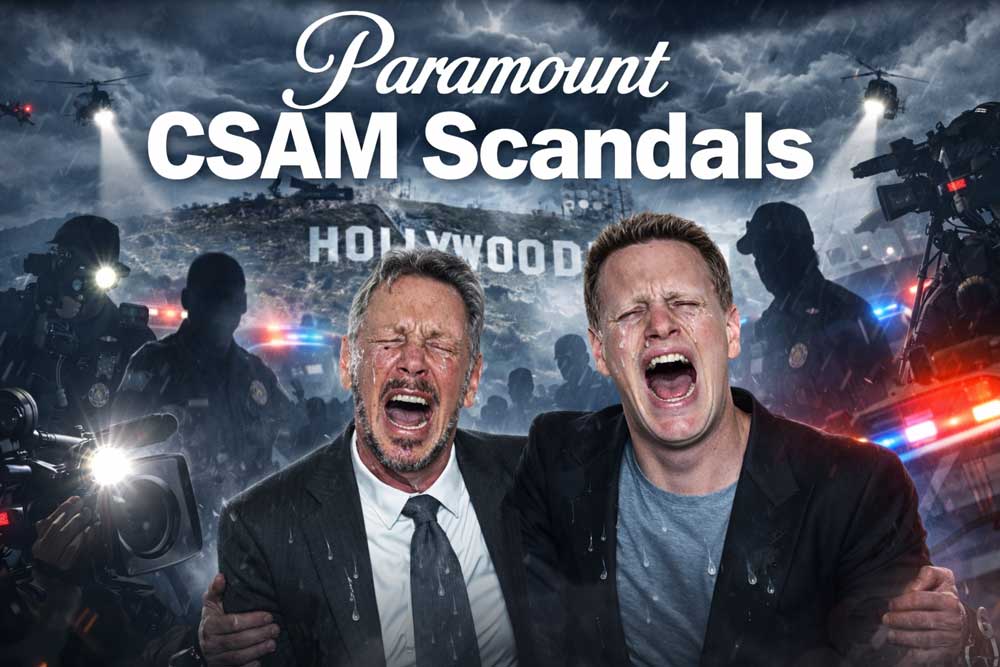Dog fighting is as secretive as it is barbaric. The people behind the illegal bloodsport carefully conceal their identities, fearing arrest and prosecution. However, one dog fighter's IT mix-up led an undercover BBC investigation to unmask some of those involved in 'one of Europe's largest dog fighting networks'.
The BBC has tracked fighting kennels to unlikely places in the UK – from a busy housing estate to the grounds of a stately home. A simple mis-click from one member of a top-secret online dog fighting forum exposed the brutal reality of today's dog fighting. The leak revealed graphic match reports documenting fight after fight, injured animal after injured animal.
A vast haul of intelligence was quickly harvested by the animal welfare charities, the League Against Cruel Sports (LACS) and the Ulster Society for the Prevention of Cruelty to Animals (USPCA). That was the first glimpse of a highly secretive international dog fighting syndicate - one which the BBC has spent the past six months investigating and exposing.
I can't really put into words actually, it was just golden, said Russ Middleton, a former police officer turned Head of Intelligence for LACS.
The law across the UK bans not only fighting, but also owning fighting dogs, training them to fight, trading animals, and even filming fights without good reason. Mr. Middleton described the network as 'one of the biggest in Europe'. Following a trail of evidence hidden in pictures, posts, and videos online, the BBC has been able to expose an organized network of illegal dog fighters - one that stretches from the UK, across Europe, and beyond.
Dog fighting is much more common than people think, according to experienced vet David Martin, who was an expert witness in previous dog fighting cases. “It is going on in probably every major town and city in the UK. It is enormous amounts of abuse and cruelty at every stage,” said Mr. Martin. The League Against Cruel Sports received more than 600 reports of dog fighting since 2024, with those reports increasing by more than 50% in the past two years.
The BBC investigation found several UK-based dog fighting kennels, hiding in unlikely places. In one case, the owner of a dog who had recently killed its opponent had a kennel nestled in a busy housing estate in County Armagh populated by families and their pets. Another kennel was found hidden in the grounds of one of Northern Ireland's most famous stately homes, Shane's Castle Estate. The estate's grounds were used by Boneyard Kennels to house and train fighting dogs.
The BBC identified the man behind Boneyard Kennels as David Patterson, a mixed-martial arts coach from County Antrim. We traced about 40 fighting pit bulls to Boneyard Kennels, matching several of the dogs' pre-fight training videos to a walled garden deep inside the Shane's Castle estate. David Patterson denied participating in dog fighting and said he is not a member of any international dog fighting network.
In Amsterdam, undercover BBC journalists posed as dog fighters to penetrate online platforms and build trust with network members. One such member, Zoltan Borbe, alias NFK Kennels, was taped boasting about his fighting dogs, highlighting a disturbing underworld that the BBC's investigation has made it their mission to expose.
The secrecy surrounding dog fighting means that few animals are rescued, and those who are often risk being euthanized. Ruby, a medium-sized black dog from the network, has been placed at a centre in the Netherlands that works to try to rehabilitate high-risk dogs through training programmes.


















